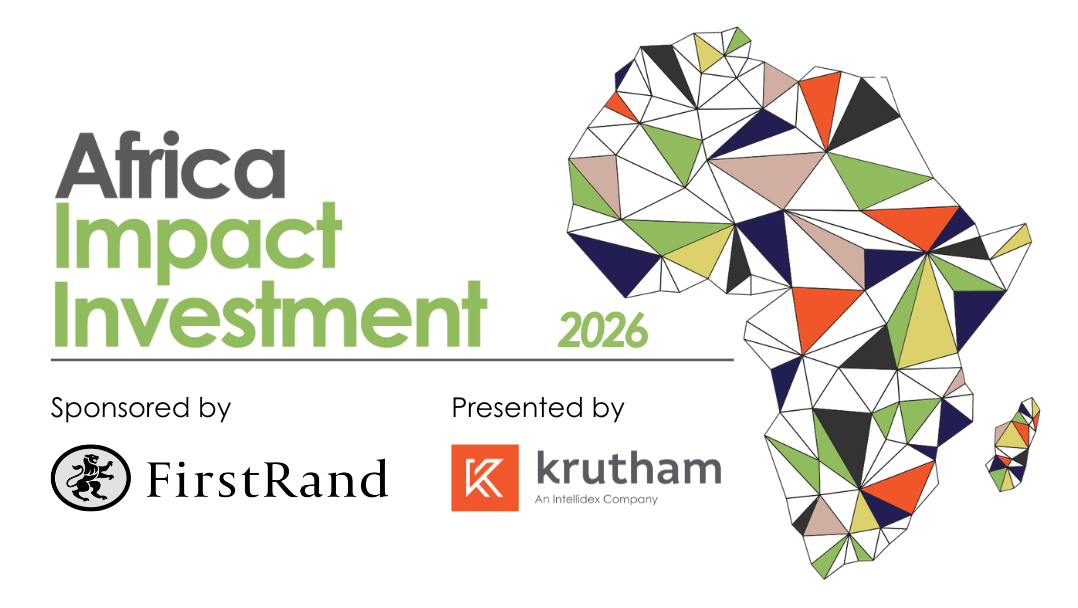This award is specifically for the innovative financial structures using new instruments and other mechanisms for impact investments. Innovations can include funding instruments or structures, impact delivery mechanisms and innovation in lending schemes to targeted beneficiaries.
Villgro Africa
About
Villgro Africa is an incubator and impact investor supporting emerging healthcare businesses in Africa.
Offering research grants and incubation services to deliver solutions to key constraints to business development, Villgro Africa empowers healthcare innovation entrepreneurs on the continent to design robust business strategies that are attractive to equity and debt providers – including Villgro Africa itself as a provider of catalytic seed funding.
The initiative is East Africa focused, with projects in Ethiopia, Kenya, Rwanda, Tanzania and Uganda.
The innovative design of the financing structure, coupled with a clear and deliberate impact focus in the healthcare innovation sector, makes Villgro Africa a standout leader in the financial structure category for this year’s awards.
The problem
Sub-Saharan Africa accounts for only 11% of the world’s population but bears 24% of the global disease burden, including 71% of the world’s infectious diseases and 21% of global non-communicable diseases. It also accounts for approximately half of the world’s mortality rate in children under five. In many countries on the continent, healthcare services are inaccessible, due to poor service delivery by under-resourced public providers and the unaffordability of private services.
Significant investment is necessary in healthcare ecosystem innovation to overcome the challenges of existing models of healthcare provision.
Entrepreneurs can play an important role in stimulating innovation but often lack the resources needed to invest in specialist healthcare research which is crucial to the design of effective, affordable solutions.
Villgro Africa catalyses innovation in the healthcare sector by supporting companies that are developing innovations to address Africa’s healthcare crisis, by providing early stage companies with the resources they need to grow and scale so that they can reach underserved populations.
What makes Villgro Africa unique?
Villgro Africa’s model includes the pairing of entrepreneurs with research institutions to deliver research outcomes that are critical to healthcare innovation. It provides research grants to support the design of healthcare innovations that are relevant and fit for purpose, to ensure that businesses are investable and scalable. This is a unique approach to enable businesses to effectively address a substantive social challenge.
This, coupled with Villgro Africa’s broader incubation services and the provision of catalytic seed capital, improves the chances of success for healthcare innovation startups in Africa.
In the past seven years, Villgro Africa has onboarded 53 companies, which each received between $20k-$50k in seed or preseed funding in the form of either grants or equity investment. Roughly a third of these are companies building hardware products with the rest being process innovations (such as software solutions). Villgro Africa’s funding is catalytic, de-risking early-stage companies by enabling them to generate traction and unlock more funding.
Impact
Villgro Africa has yet to reach financial exit on any of its investments but has tracked impact over the past seven years (since its establishment in 2015).
Villgro Africa’s key success metrics are follow-on funding accessed and revenue generated by investee companies and jobs created and patients served through supported projects.
To date, 70% of Villgro Africa’s portfolio companies have gone on to raise capital after Villgro Africa’s funding. Follow-up funding raised exceeds $24m and includes equity, grant and debt. This is notable when compared to Villgro Africa’s initial investment of roughly $2.7m.
Since 2016, Villgro Africa’s portfolio companies have generated more than $6m in revenue.
So far, the companies that Villgro Africa has supported have created more than 600 jobs and served more than 4m patients.
Villgro Africa’s support is enabling healthcare innovation to reach millions of people who would otherwise remain unserved by insufficient or unaffordable traditional healthcare models.
Addressing challenges
The Villgro Africa model has presented the team with three main challenges:
- Working with start-ups, which is inherently risky, that are also operating in a niche industry that is heavily reliant on sophisticated research.
- Developing an appropriate methodology for quantifying the value of the research voucher programme when packaging it alongside other financial instruments – such as equity investment.
- Extended exit times, as a result of the time needed for research and development.
To mitigate against these challenges, the Villgro Africa team has taken great care in ensuring that it has set up robust processes for investment selection, research partnership support and investee incubation.
An additional unintended positive impact
Influencing healthcare policy in Kenya: Benacare, one of Villgro Africa’s supported start-ups, recently piloted its home-based dialysis treatment. At the time, there were no protocols to guide home-based renal replacement therapies for CKD care in Kenya. In partnership with the International
Development Research Centre (IDRC), Villgro Africa facilitated Benacare’s partnership with the Jomo Kenyatta University of Agriculture and Technology (JKUAT) to conduct a study on home-based care dialysis in Muranga County in central Kenya. The results of this study will be pivotal in generating guidelines for home-based CKD care in Kenya. Currently, the NHIF (the national insurance fund) is considering including home-based peritoneal dialysis as part of its benefits package. If approved, this will be a major milestone. It will allow thousands of patients to receive care in the comfort of their homes and, be spared the travail of travelling for long distances to receive care.
Click here to download the case study
Share
This research report was issued by Krutham South Africa Pty Ltd.
Krutham aims to deliver impartial and objective assessments of securities, companies or other subjects. This document is issued for information purposes only and is not an offer to purchase or sell investments or related financial instruments. Individuals should undertake their own analysis and/or seek professional advice based on their specific needs before purchasing or selling investments.
The information contained in this report is based on sources that Krutham believes to be reliable, but Krutham makes no representations or warranties regarding the completeness, accuracy or reliability of any information, facts, estimates, forecasts or opinions contained in this document. The information and opinions could change at any time without prior notice. Krutham is under no obligation to inform any recipient of this document of any such changes.
No part of this report should be considered as a credit rating or ratings product, nor as ratings advice.
Krutham does not provide ratings on any sovereign or corporate entity for any client.
Krutham, its directors, officers, staff, agents or associates shall have no liability for any loss or damage of any nature arising from the use of this document.
Disclosure
The opinions or recommendations contained in this report represent the true views of the analyst(s) responsible for preparing the report. The analyst’s remuneration is not affected by the opinions or recommendations contained in this report, although his/her remuneration may be affected by the overall quality of their research, feedback from clients and the financial performance of Krutham group entities.
Krutham staff may hold positions in financial instruments or derivatives thereof which are discussed in this document. Trades by staff are subject to Krutham’s code of conduct which can be obtained by emailing mail@krutham.com.
Krutham may have, or be seeking to have, a consulting or other professional relationship with the companies, sovereigns or individuals mentioned in this report. A copy of Krutham’s conflicts of interest policy is available on request by emailing mail@krutham.com. Relevant specific conflicts of interest will be listed here if they exist.
- Krutham provides independent advice and independent research to a wide range of investors and financial institutions on Eskom, Denel, Transnet, Land Bank and SAA. Krutham’s interactions with all clients on Eskom, Denel, Transnet, Land Bank and SAA may include business confidential information but does not include MNPI and so does not provide a conflict. Krutham does not ‘act’ or ‘advocate’ for or ‘represent’ any of these clients. Krutham has regular interactions with government, Eskom, Denel, Transnet, Land Bank, SAA and other related entities connected with the SOE situation but does not provide paid consulting services or paid advice to any of these entities. These interactions are governed by Krutham’s own conflicts of interest policy as well as secrecy rules of the respective institutions or state-owned companies.
- Krutham provides a range of services into ‘organised business’ groupings in South Africa, which includes independent bespoke research and advice. Krutham is compensated for these services. Krutham does not ‘act for’ or ‘advocate’ for or ‘represent’ any of these clients.
- Krutham is currently involved in policy design work on a number of government priorities.
Copyright © 2023. All rights reserved. This document is copyrighted to Krutham South Africa Pty Ltd.
This report is only intended for the direct recipient of this report from a Krutham group company employee and may not be distributed in any form without prior permission. Prior written permission must be obtained before using the content of this report in other forms including for media, commercial or non-commercial benefit.

